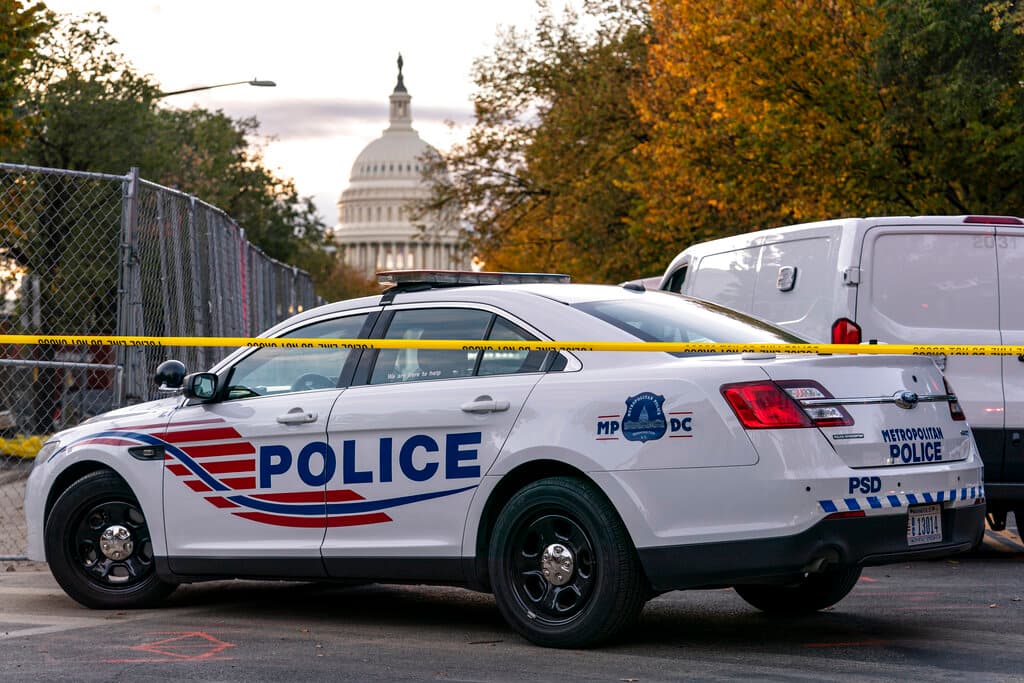D.C. Council Set To Vote on Public Safety Bill as Homicide, Carjackings Surge
The district’s leaders are desperate to address its 39 percent spike in violent crime, but the proposal is facing opposition from criminal justice reform advocates.

“Unacceptable” is what a D.C. council member is calling the district’s stunning 39 percent increase in violent crime last year, as she pushes for a legislative package that she says will “turn the tide on crime trends” that have overwhelmed the nation’s capital.
Please check your email.
A verification code has been sent to
Didn't get a code? Click to resend.
To continue reading, please select:
Enter your email to read for FREE
Get 1 FREE article
Join the Sun for a PENNY A DAY
$0.01/day for 60 days
Cancel anytime
100% ad free experience
Unlimited article and commenting access
Full annual dues ($120) billed after 60 days

